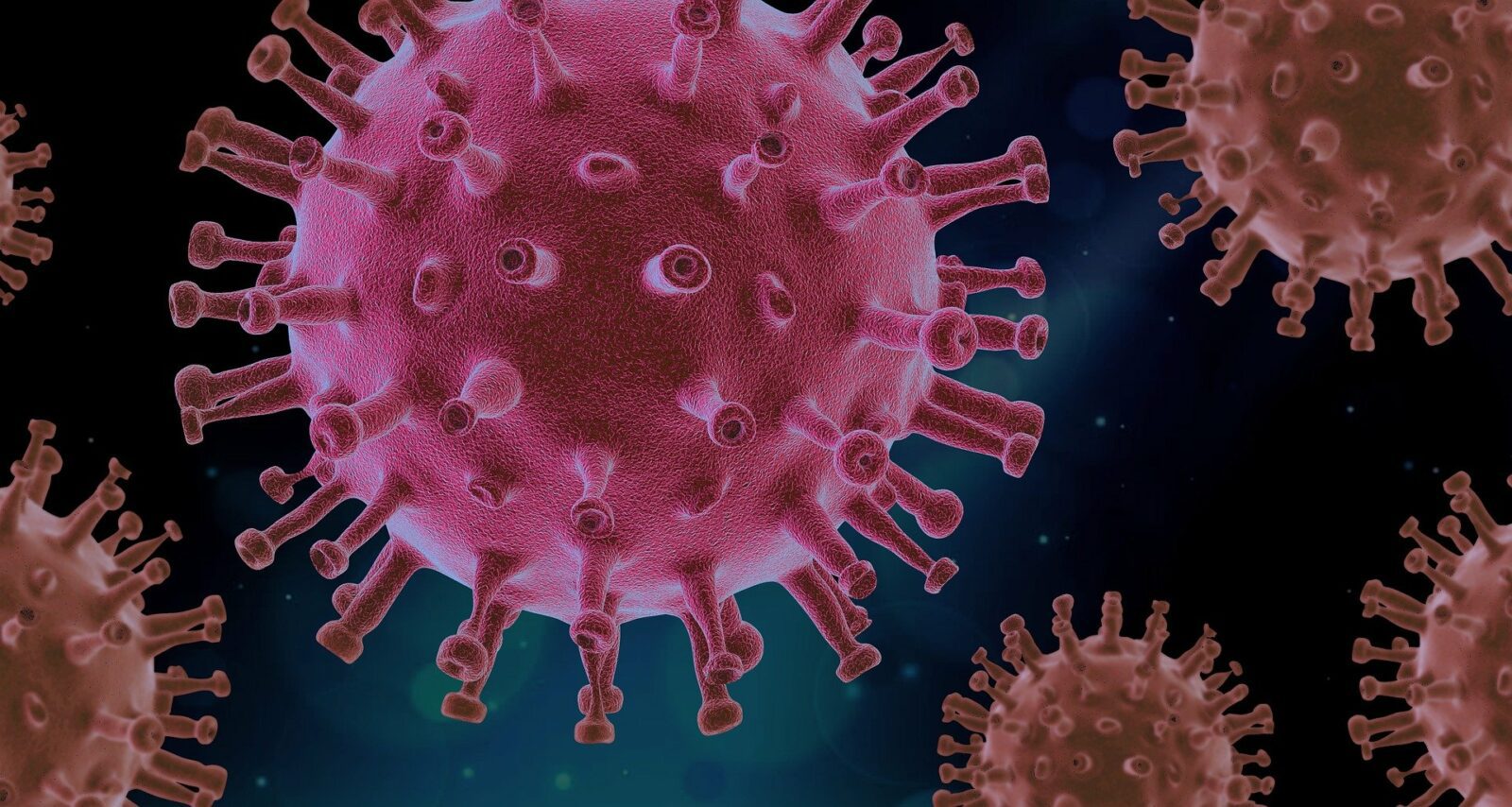Even though widespread use of these vaccines has resulted in a reduced number of infections and deaths in many countries, the emergence of SARS-CoV-2 variants that have mutated in their viral spike proteins lead to many reasons of worry regarding the efficiency of the vaccines.
Given the fact that the delta variant of COVID-19 is rapidly spreading, you might ask yourself if the vaccine developed by Pfizer-BioNTech and Moderna can protect you against it. Researchers in Singapore have conducted a study showing that the two are highly effective at protecting against severe forms of the spreading delta variant.
“To our knowledge, we provide the first data characterizing the impact of vaccination on virologic kinetics by the B.1.617.2 variant,” declared Barnaby Young from the Singapore National Centre for Infectious Diseases.
The study researched patients who had been admitted to Singapore hospitals and had B.1.617.2 SARS-CoV-2 infections after receiving a miRNA vaccine. Researchers drew a comparison between unvaccinated and fully vaccinated patients, analyzing virological and serological kinetics, as well as clinical features.
The study took place between April 1st and June 14th this year, and the patients were hospitalized in five different hospitals: Changi General Hospital, the National Centre for Infectious Diseases, National University Hospital, Singapore General Hospital, and Sengkang Hospital.
After patients were vaccinated, they experienced fewer symptoms and lower biomarkers of inflammation. They also had a more rapid decline in viral RNA load. The results of the study showed that “Early, robust boosting of anti-spike protein antibodies was observed in vaccinated patients, however, these titers were significantly lower against B.1.617.2 as compared with the wildtype vaccine strain.”
The conclusion of the study is an optimistic one: “The mRNA vaccines are highly effective at preventing symptomatic and severe COVID-19 associated with B.1.617.2 infection. Vaccination is associated with faster decline in viral RNA load and robust serological response.”













Leave a Reply